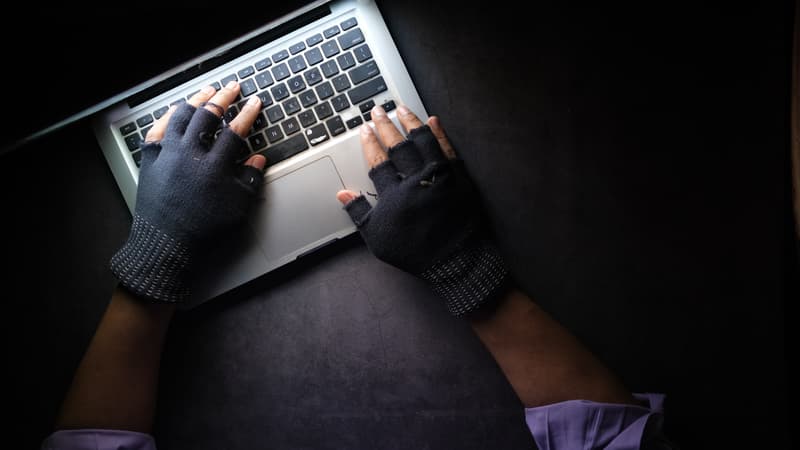“I didn’t think you would find me”: this said Maël H., who was found guilty of harassing the singer Hoshi by sending her hate messages on social media. The police investigation revealed eight accounts at the origin of these messages and six people were identified.
Another example, the singer Eddy de Pretto had also filed a complaint for cyberbullying. 11 of the 17 people who were prosecuted for homophobic comments and death threats on social networks against them received 3 to 6 months in prison, suspended.
Although in April 2022 Emmanuel Macron recalled being against anonymity online, this notion remains very relative. Mounir Mahjoubi and Cédric O, the two digital state secretaries for Emmanuel Macron’s five-year term, spoke out against this uprising.
Pseudonymity instead of anonymity
By definition, an anonymous Internet user would be untraceable, except that this is not the case. The term pseudonym would be more appropriate. Theoretically, every Internet user can be found thanks to her IP address. On the other hand, everyone is free to present themselves under the pseudonym they want on social networks.
Under pseudo, then it is impossible to be identified by other Internet users, but the user can be identified by the authorities. These can collect your IP address, which social networks have access to. They can then ask the internet service provider to associate this IP address with a subscription and therefore with an identity.
In October 2020, Gilles Babinet, co-chairman of the National Digital Council, reacted on the BFM Business antenna when the question of online anonymity came up after the murder of Samuel Paty:
Platforms responsibility
Eric Bothorel, deputy of the majority who works in particular on Emmanuel Macron’s digital project, confided in April 2022 to BFMTV that it is above all about the government strengthening the collaboration of the platforms: “There is no desire to end online anonymity. because there is no anonymity online. It is always possible to trace someone’s identity on the web. But what is at stake is the collaboration of the platforms to deliver this data, for example, in the case of hate speech.”
Since 2004, and the law for confidence in the digital economyThe platforms are obliged to keep data that allows the identification of the author of the illegal statements and to respond to the requests of the judicial authorities.
Therefore, identifying the perpetrators of hate speech online depends in part on the cooperation of the platforms, but they do not always collaborate. Last March, Twitter France was judged for failing to help the courts identify the authors of two offensive tweets against an official from the Yvelines prefecture. Twitter France and its CEO Damien Viel have been released in this case.
Damien Viel defended himself by recalling that Twitter France “is an entity that does not store data”, the latter being stored and processed by the European subsidiary of the parent company Twitter, located in Ireland.
Source: BFM TV


